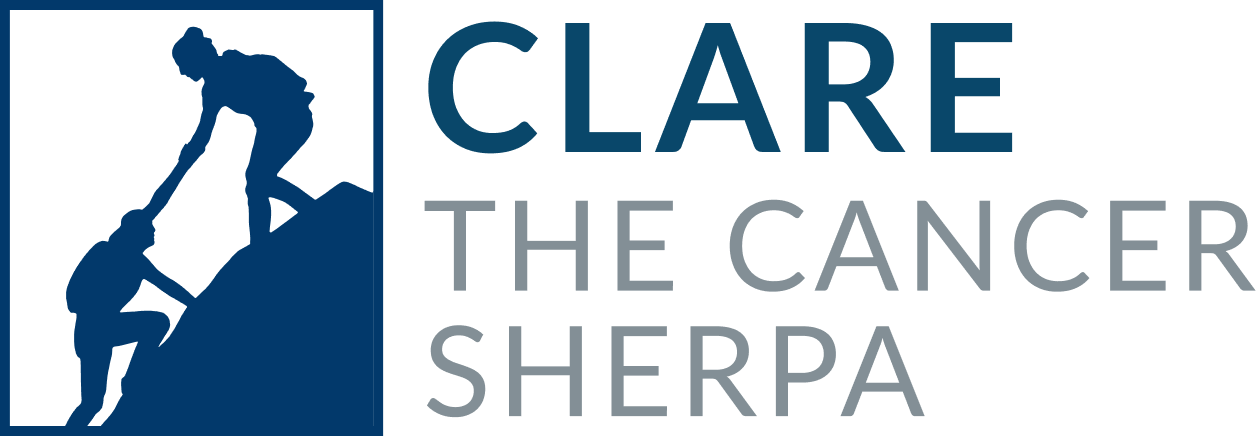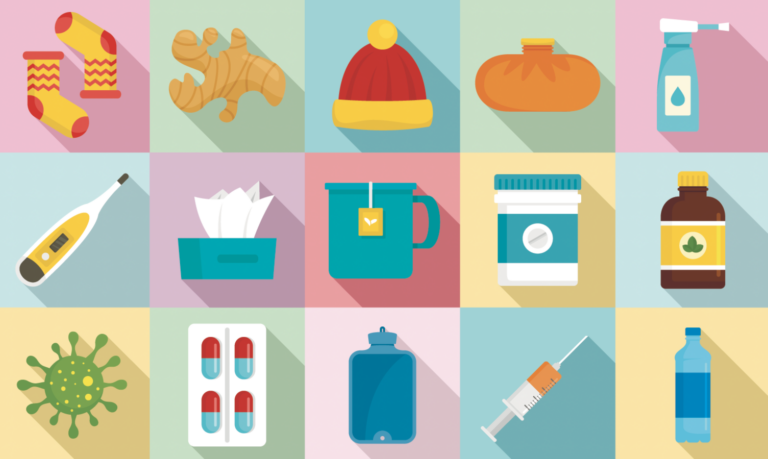By now you’ve probably heard the term ‘tripledemic,’ the (deeply) unsettling buzzword referring to the three illnesses of the moment: COVID-19, the flu and RSV. This trifecta has hit just in time for the holiday season, a Grinch-like gift that has everyone on edge. From packed air travel to indoor gatherings tucked away from winter weather, we’re all in close contact these days.
Here’s the thing: while these viruses can spread fast, there are ways to protect yourself and your people from getting sick. Below we break down the key must-knows about each virus, plus how to stay safe and what to do if you or someone in your home gets sick.
Respiratory syncytial virus (RSV)
Respiratory syncytial virus, aka RSV, is a common respiratory virus that causes cold-like symptoms, typically on the mild side. While it’s getting its five minutes of fame right now, as pediatric hospitals across the nation over capacity, per the CDC, “almost all children will have had an RSV infection by their second birthday.”
However, RSV can be dangerous, especially for infants. In fact, RSV is the top cause of both bronchiolitis and pneumonia in babies less than a year old in the US. Here are the groups at highest risk for severe illness for RSV:
- Premature infants
- Infants, especially those 6 months and younger
- Children younger than 2 years old with chronic lung disease or congenital (present from birth) heart disease
- Children with weakened immune systems
- Children who have neuromuscular disorders, including those who have difficulty swallowing or clearing mucus secretions
Scientists are citing the immunity gap for this surge in RSV cases (via CNN), and parents need to be especially cognizant of that as holiday gatherings ramp up. According to the CDC, there are a number of things you can do to keep your baby safe from RSV, including some tactics we learned when navigating how not to spread COVID. Parents, that means keeping yourselves clear of RSV, washing your hands often (especially before touching your baby) and avoiding sick people. If possible, it is ideal to limit babies’ time in childcare centers or higher risk places.
It’s smart to get up to speed on how the virus manifests and what you can do to temper its spread and potentially dangerous effects. Here’s how to know if you or your baby have RSV, and how to best care for both of you.
Influenza (flu)
Flu season was off to an early start this year, and we can thank diminishing COVID restrictions, as our reduced immunity (from being masked and socially distanced) makes us more vulnerable. It usually runs through February, so we still have a ways to go.
We made a handy chart recently outlining the symptoms of the flu, allergies and COVID-19, which is a good starting point if you think you have the flu (check it out here). A flu test can confirm if you have the virus, and here’s how Mayo Clinic recommends you take care of yourself and others for a full recovery.
Another lesson we re-learned with the pandemic: vaccines save lives and are ultimately the best way to prevent illness. Everyone six months or older is eligible for a flu vaccine, so make sure to get your family vaxxed (and talk to your doctor before you do so).
COVID-19
COVID never left the chat, but it’s been making its rounds with a bit more fervor of late. However unfortunate, the reality is that we are entering another winter and another holiday season with this virus, and need to act accordingly – not only to protect ourselves, but to keep our immunocompromised friends and family safe.
It bears repeating: get vaxxed and boosted, if you’re eligible. This is the best way to prevent infection and have a more mild experience if you do contract the virus. If you think the pandemic times have been dragging, you really don’t want long COVID, so do what you can to avoid it.
That means going back to those practices we mastered in 2020: avoid crowds, and if you can’t mask up; wash your hands often; avoid contact with sick people; and help keep your community safe by staying home if you’re not feeling well. If you do get sick, here’s what to do to get better soon and make sure your housemates aren’t at risk.
The tripledemic is something to keep your guard up about, but that doesn’t mean we can’t enjoy the holiday season. If you need help locating vaccine sites, have questions about RSV or want more information on these viruses, please contact us.

